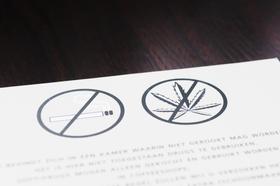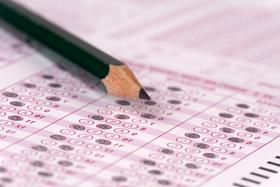The National Tutoring Association has crafted a fine Code of Ethics for its members. While I am well aware that most tutors do not belong to a national organization such as the NTA, nonetheless the NTA's Code of Ethics presents a set of guidelines by which you and I as parents can evaluate the tutors we hire for our children. For sake of this discussion, I also include any teacher who primarily works on a 1 on 1 basis as a tutor. For example, piano, art, and dance instructors, as well as the math and English tutors you will expect to encounter.
Using the NTA's Code of Ethics I have offered comments on each of their tenets. Use these comments to help you assess and evaluate any tutor you hire.
Code of Ethics
The National Tutoring Association is dedicated to providing its members with opportunities to achieve and maintain high professional standards for tutors and administrators of tutoring programs and services.
I understand that my role as a tutor is to enable students to do their own work using the best learning approach possible.
RK: The extra time and attention which a tutor affords his students make it possible for them to understand the material presented. More importantly, a tutor can take time to explain the variations and possibilities inherent in the original problem so that his student is able to recognize them when they do occur. Equipping students to do their own work is

































